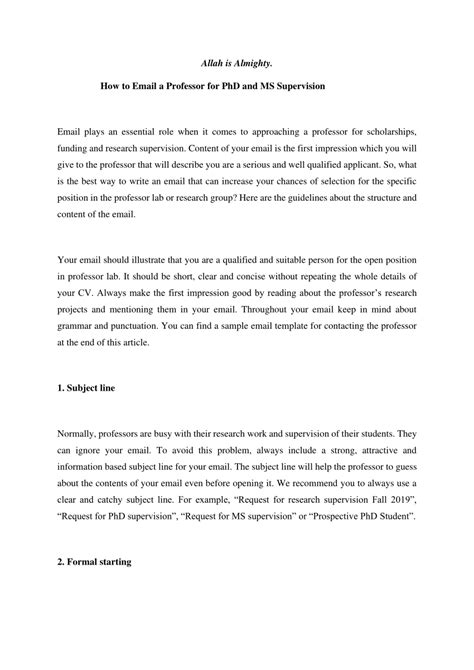Table of Contents

- Introduction
- Grounds for Reporting a Professor
- Reporting Process
- Consequences of Reporting
- Common Mistakes to Avoid
- Additional Resources
Introduction
Professors play a vital role in the academic community, but unfortunately, there are instances when their conduct or actions may warrant reporting. Reporting a professor can be a daunting task, but it is important to do so if their behavior is impacting your academic or personal well-being. This guide will provide you with comprehensive information on the grounds for reporting a professor, the reporting process, the potential consequences, and common mistakes to avoid.
Grounds for Reporting a Professor
There are numerous grounds for reporting a professor, including but not limited to:
- Academic misconduct: This includes plagiarism, cheating, or other forms of academic dishonesty.
- Discrimination or harassment: This includes discrimination based on race, religion, gender, sexual orientation, or disability, as well as sexual harassment.
- Unprofessional conduct: This includes behaviors such as bullying, belittling students, or using inappropriate language.
- Violations of university policy: This includes any actions that violate the university’s code of conduct or other policies.
Reporting Process
1. Gather Evidence
Before reporting a professor, it is essential to gather evidence to support your claims. This may include emails, text messages, notes from class, recordings (if permissible), or witness statements.
2. Choose the Appropriate Reporting Mechanism
Each university has its own specific reporting procedures. Typically, you can report a professor to the department chair, dean, or university ombudsperson. Contact the university’s human resources department or student affairs office to determine the appropriate reporting channel.
3. File a Formal Report
Submit a written report that clearly states the grounds for your complaint, the specific incidents that occurred, and any supporting evidence. Be concise and specific, and provide as much detail as possible.
4. Cooperate with the Investigation
Once you file a report, the university will conduct an investigation. Cooperate fully with the investigators and provide any additional information or documentation they request.
Consequences of Reporting
For the Faculty Member
- Reprimand or warning
- Suspension or termination of employment
- Loss of tenure
- Legal action (in severe cases)
For the Student
- Retaliation or harassment
- Negative impact on grades
- Damage to academic or professional reputation
Common Mistakes to Avoid
- Not Reporting: Ignoring inappropriate or unethical behavior can create a hostile learning environment and allow the behavior to continue.
- Making False Accusations: Reporting a professor without sufficient grounds can damage their reputation and harm the reputation of the university.
- Going Public: Avoid discussing the matter with the media or on social media while the investigation is ongoing.
- Seeking Revenge: Reporting a professor should be done to address inappropriate behavior, not to seek revenge.
Additional Resources
- University’s Code of Conduct
- Office of the Ombudsperson
- Student Affairs Office
- National Association of College and University Ombuds
Conclusion
Reporting a professor is a serious matter and should only be done after careful consideration and with substantial evidence. By following the steps outlined in this guide, you can report inappropriate behavior in a professional and ethical manner. Remember that it is important to prioritize your own well-being and the integrity of the academic community.
